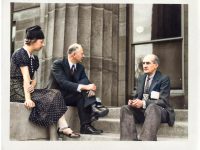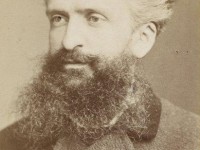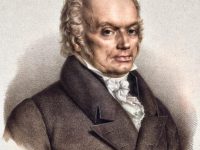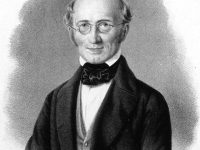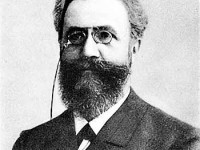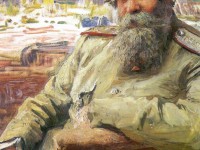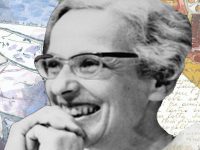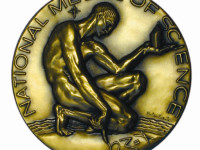Learning and Motivation according to Clark Leonard Hull
On May 24, 1884, American psychiatrist Clark Leonard Hull was born. Hull sought to explain learning and motivation by scientific laws of behavior and is also known for his work in drive theory. He was able to establish his analysis of animal learning and conditioning as the dominant learning theory of its time. He is perhaps best known for the “goal gradient” effect or hypothesis, wherein organisms spend disproportionate amounts of effort in…
Read more

